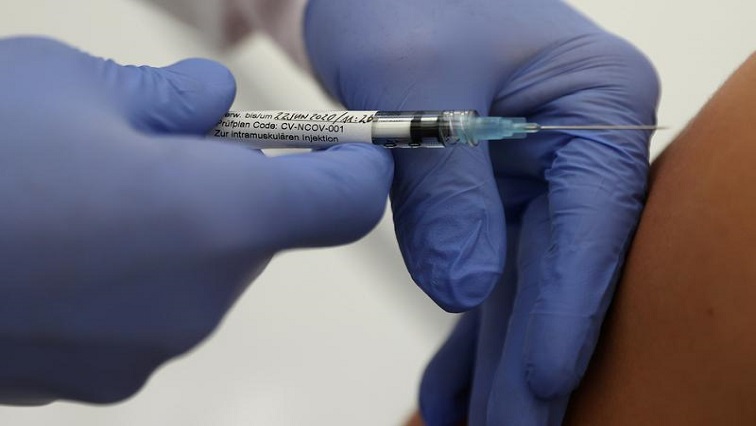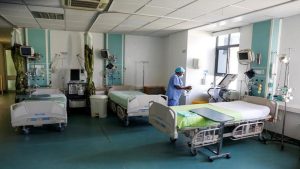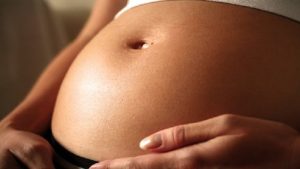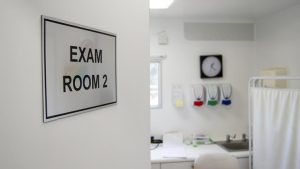The National Department of Health has assured South Africans that the coronavirus vaccine is safe. Acting Director-General Dr Anban Pillay says millions of people around the world have already taken the vaccine with no reports of side effects.
South Africa received its first consignment of AstraZeneca’s coronavirus vaccine from the Serum Institute of India yesterday. Many citizens remain hesitant about taking the vaccination.
President Cyril Ramaphosa receives the first batch of vaccines:
The consignment of AstraZeneca’s coronavirus vaccine from the Serum Institute of India is the first step in the government’s mammoth goal to vaccinate about 40 million citizens by the end of the year.
This translates to 67% of the population. However, according to the University of Johannesburg study, one-third of South Africans are not keen on receiving the vaccine. These South Africans say they have no assurance that the vaccine is safe.
“I’m worried about getting side effects. What if something happens to me and I land in the hospital. I don’t know of people that took the vaccine and have been cured of it. That’s why I’m not sure if I should take it. If I know of people who took it then I will be secure,” says one citizen.
Another citizen says, “I don’t feel we have had enough transparent education about this vaccine. What are the side effects? How many doses would you need? At this moment, I am inclined not to take the vaccine.”
Reasons for hesitancy to get vaccinated
One of the survey researchers, Professor Carin Runciman says the main reason for vaccine hesitancy centers around the lack of available information about side effects and safety. She says political discontent also plays a role in the decisions that people are making in relation to the pandemic.
“The most common concern was side effects. There was also a big demand for more information about the vaccine. For me, one of the crucial factors is around institutional trust. If people thought that the president is doing a bad job, the national government is doing a bad job and they are not satisfied with the response to COVID-19-related corruption. They were much less likely to want to take the vaccine.”
Dr Anban Pillay says millions of people around the world have already taken the vaccine with no reports of side effects. History dictates that vaccines have reduced the morbidity and mortality of infectious diseases such as smallpox, hepatitis B, measles, and tetanus across the world.
Dr. Pillay says there is overwhelming scientific evidence that vaccination is the best defence against serious infections like the coronavirus.
“Actually, it is similar to vaccines that people have received in childhood. People need to recall that this vaccine was trialed in South Africa and around the world. From all the information, they haven’t seen any adverse events relating to the vaccine. There is no risk of the vaccine that one needs to be worried about. Millions have started taking the vaccine. If there was a problem, we would have heard it by now. It is an important part of building public confidence that the leadership of the country has a demonstration with the vaccine.”
How the vaccine will be rolled-out
Vaccination will take a three-phased approach. Phase one will focus on frontline healthcare workers while phase two will vaccinate essential workers, people over 60 and those with comorbidities. Phase three includes the rest of the population. South Africans will be required to register on the Electronic Vaccine Data System to book for the free vaccination.
“We will be implementing an electronic vaccine system where you will register and choose where you want to be vaccinated and what time. The public is not allowed to pay. Whether you get it from the private or public sector, your vaccine will be free,” adds Dr Pillay.
The COVID-19 vaccine has been developed to teach your immune system to recognise and fight the infection. While it is not a cure for the virus, it will prevent the serious symptoms associated with COVID-19.
Dr. Pillay says the vaccine presents the body with instructions to build immunity.
“What the vaccine does is, it protects you against the adverse effects of COVID-19. The COVID-19 virus is still out there and may still infect you. But when it infects you, you will not be hospitalised or death will not be a possibility. If the virus is within you, when you cough or sneeze, you will be able to expel the virus, someone who has not been vaccinated can inhale that and become infected. That’s why it’s important that we vaccinate as many people as possible.”
The Department of Health has reiterated that all vaccines go through a comprehensive approval process by medical regulators to ensure that they are safe. Pharmaceutical companies hand over all laboratory studies and safety trials to validate that the vaccine does work. They say any safety concerns are picked up by regulators when reviewing the data.
President Cyril Ramaphosa spoke extensively about the rollout of the vaccine when he addressed the nation yesterday:






